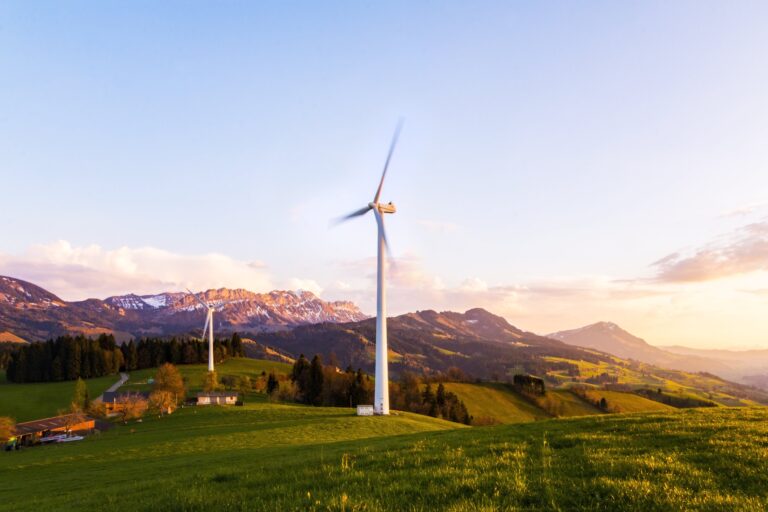Falling Gas Prices Will Help Economy’s Soft Landing

Falling energy prices will help the “soft landing” many economists expect in 2024. These prices were among the largest threats to the economy for two years. In March 2022, the CPI signaled dangerous inflation as it rose 8.5% year over year. Fuel prices were a primary reason for the sharp jump. Gasoline rose 48% during that month. The chances of ongoing inflation were high without a drop in the fuel increase number.
More on gas: The gas-powered cars and EVs the government doesn’t want you to buy.
Video: Gas prices may never rise again.
New data shows gas prices will drop next year based on the price of a gallon of regular. The figure was $3.51 in 2023 and is expected to drop to $3.38 in 2024. The prices will not be uniform throughout the year. Low oil prices early next year will keep gas at about $3. A heavy summer driving season will push the figure closer to $4. In California and several other states, primarily those with high gas taxes, prices could be near $5 a gallon, but briefly, according to GasBuddy.
It is hard to underestimate the effects of high gas prices, particularly for people with lower or middle-class incomes. The average American household spent almost $2,500 on gas in 2023. The median after-tax household income across the country is about $50,000. For lower-income families, the number drops to $30,000 or less. The cost of gas rises to 8% or more of the annual costs of these lower-income households. For this part of the population, discretionary income shrinks. Consumer spending is two-thirds of US GDP. The economy moves toward trouble as it did just over a year and a half ago. The forecast that there will be a “soft landing” weakens.
The gas price argument as part of national financial health is supported by the two oil spikes in the 1970s due to unsettling Middle East problems. Cars lined up for fuel at gas stations. Some of these stations ran out. Each was part of the reason for an economic slowdown. There was another spike in 2008, mostly because of geopolitical problems in Nigeria, one of the world’s largest exporters. This happened at the start of The Great Recession. There was a spike again at the start of the Russian invitation to Ukraine. The first three of these contributed to economic trouble. The “Ukraine” spike did not last long enough to cause one, but it did raise anxiety about the health of the US economy.
The American consumer has never been immune to the negative consequences of high energy costs. If energy costs are low in 2024, the odds of a “soft landing” improve significantly.
More from ClimateCrisis 247
- AI Data Centers Face Unexpected Risk
- Nvidia Works To Help AI’s Greatest Trouble
- Three Mile Island 1979 Meltdown Crippled US Nuclear For 50 Years
- World Leaders Abandon Green Plans, Climate Threats Grow





